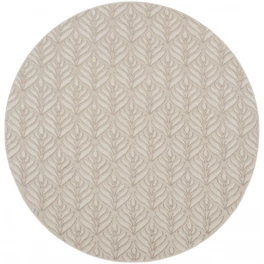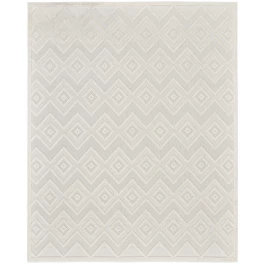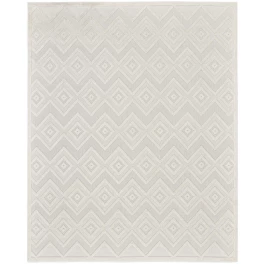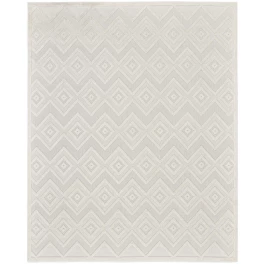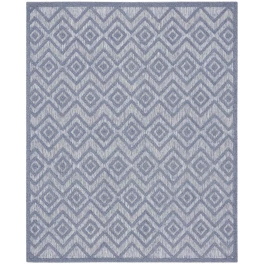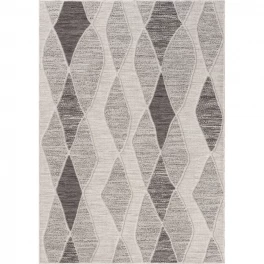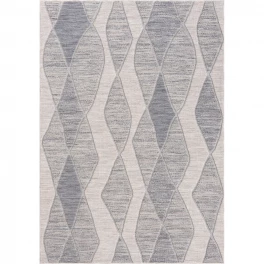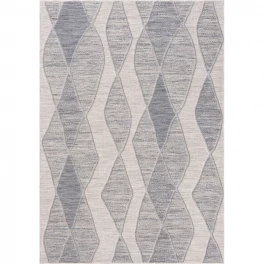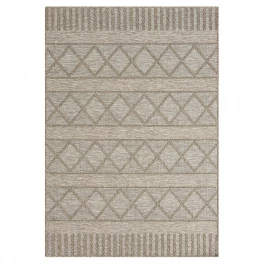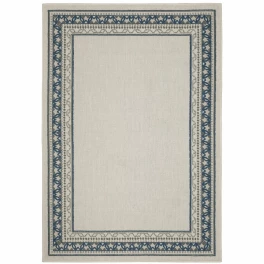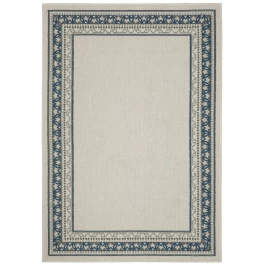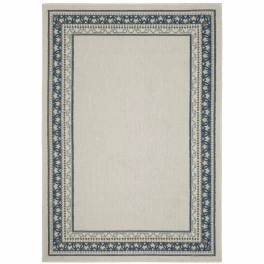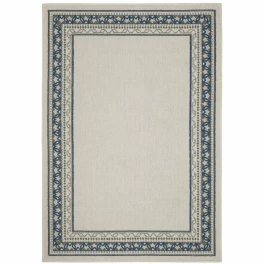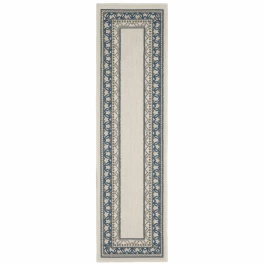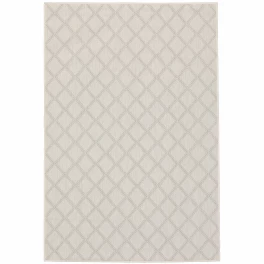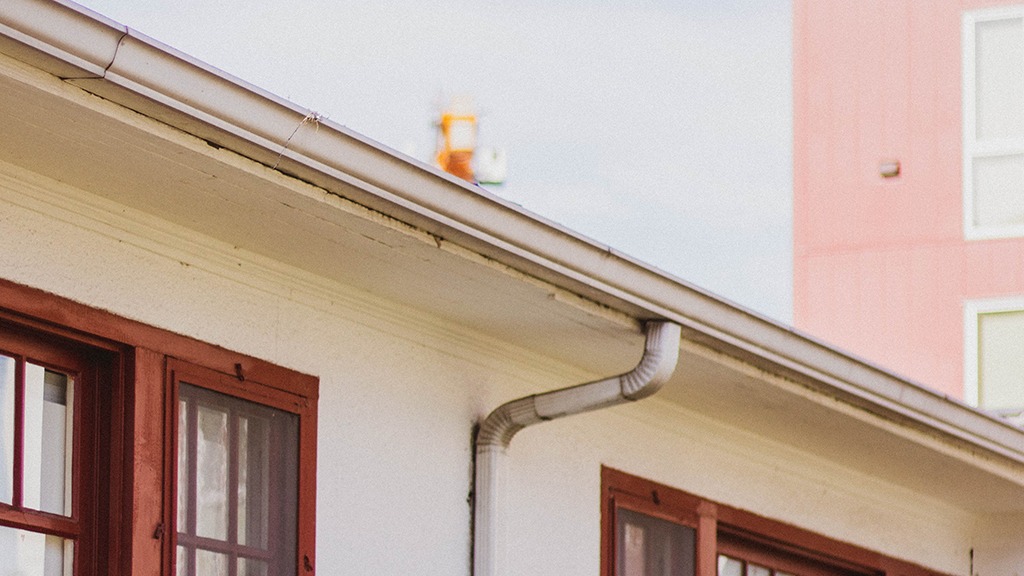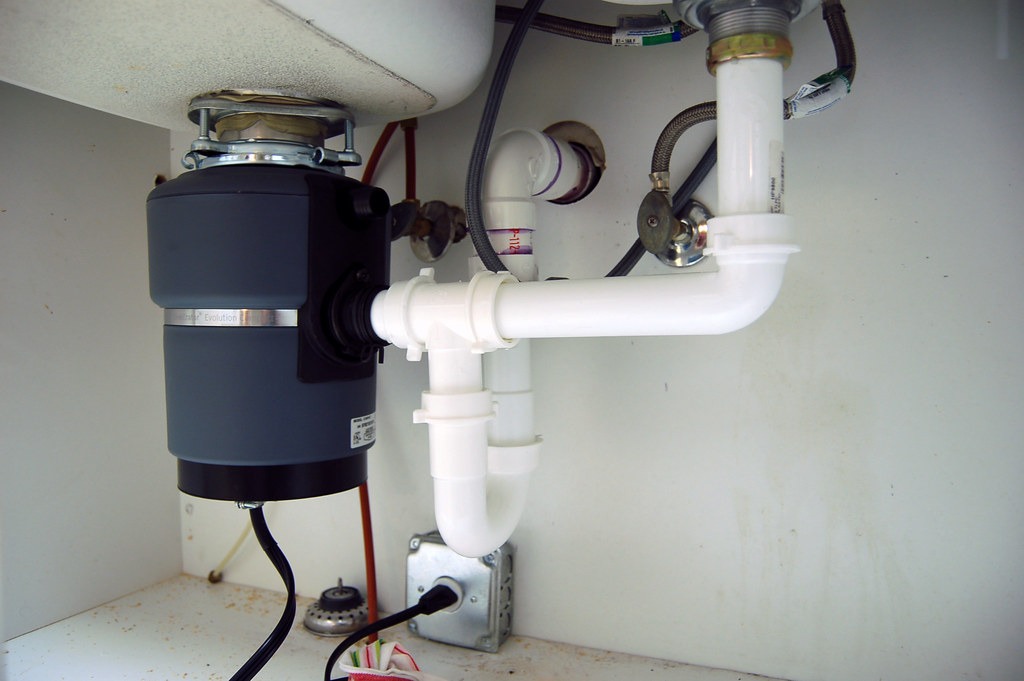In recent years, epoxy grout has been gaining popularity among building contractors and tile enthusiasts alike – and for good reason. However, despite its growing popularity in the world of home improvement, the average homeowner may have no clue: what’s the difference between cement and epoxy grout?
Epoxy is made from epoxy resins and a filler powder, giving it an extremely durable nature, as well as making it virtually stain proof when compared to traditional cement grout. On its own, epoxy has a wide range of usages, but by far its most widely used application (at least for our home improvement standards) is as a substitute for cement grout.

Photo by DUO Studio on Shutterstock
Cement grout is made from a cementitious powder mix, and it’s spread on in much the same way as epoxy – although cement grout is seen as a little more pliable and easier to work with. This can really come in handy in tight spots and pesky corners. In addition, many homeowners find traditional cement to be a bit more aesthetically pleasing - this is more of a cosmetic difference. Let’s dig a little deeper to find the real differences between two of Americas most popular sealants: epoxy and cement grout.
1: Toughness
In terms of keeping out unwanted stains and the ability to keep dry, epoxy grout has the upper hand when compared with cement grout. Epoxy is an incredibly resilient and waterproof substance that is much better equipped to handle harsh cleaning products. Overall, epoxy has a greater bond strength, which is a major reason why it’s used in harsh conditions basically everywhere on earth.
Quite frankly, cement grout cannot bring to the table the same level of resistance to chemicals, and oftentimes you will have to spend more time and energy scrubbing gunk and grime from your grout joints.
Still, cement grout is no slouch, and it’s a tough and widely used material in its own right. However, when compared with epoxy grout cement is going to take the loss in terms of toughness more often than not. It’s far more porous than epoxy, and it absorbs all that dirt and grime that all flooring is destined to come in contact with. Tough grout will help keep out that unwanted mold and epoxy is going to do that with a bit more endurance and reliability.

Photo by Pumbastyle on Shutterstock
2: Installation
Installing epoxy grout is going to take a more practiced hand, as it’s not as easy to work with as traditional cement grout. Make sure to pay special attention when laying epoxy grout, as an improper application can cause a host of headaches for homeowners. It’s not as easy to smooth and manipulate into the grout joints as cement, and if done with too much carelessness the epoxy vapors can stain the tile before it sets, leaving you pretty much stuck at square one with your bathroom renovation.
Also, epoxy has a quicker setting time than cement, so it must be used very shortly after it’s mixed, otherwise you run the risk of wasting a batch, and worse yet – your hard earned money!
It’s recommended that you grout your bathroom over the course of several rounds with epoxy (3 at a minimum, but of course this depends on the size and scope of your bathroom project), this way you don’t rush to set all the epoxy before it dries. You don’t want to do a slapdash job in your own bathroom, do you?

Traditional cement grout is going to give you a much easier time when it comes to installation, which is a major reason why many homeowners still love and rely on it. It’s much easier to grout around tough corners and tight grout joints than epoxy, and you don’t even have to be the king of home improvement because cement grout is going to be far more forgiving. This will give you an advantage when shaping it around a wall or a shower drain.
Additionally, a mistake here or there when installing cement grout can be smoothed over with a little effort and elbow grease. There are cleaning solutions that can be applied (like vinegar and water) at the time as spot treatments, which will make the final product look much better for most amateur grout enthusiasts.
You’ll also have substantially more time during the mixing process than with epoxy grout, so this will help take the pressure off – at least a little bit!

Photo by fotodrobik on Shutterstock
3: Cost
Epoxy grout is going to come at a significantly steeper price, making it all the more important that you know exactly what you’re doing when working with it. This is one of the main concerns homeowners have when deciding to go with epoxy grout over cement: is it going to be worth it? Epoxy can be around 3 to 5 times more expensive (depending on the quality and where you purchase it), so it’s definitely worth doing a little investigation.
While some might consider this a drawback, it’s worth keeping in mind the durability and longevity you will be getting from epoxy. It also takes less maintenance than cement once installed, and if a cleaning is needed it’s substantially easier because of how well epoxy stands up to the most powerful cleaning agents.
Cement grout is going to be significantly cheaper, and with its ease of installation, it’s surely worth thinking about. However, it’s going to take regular and thorough cleanings to stave off the grit and grime because of its porous nature, so this is a factor that should be considered when thinking about its actual value, as you may end up paying more down the road.

Photo by Alex Gorins on Shutterstock
So, what’s the final verdict in the great epoxy vs. cement grout debate? Well, while both sides scored significant victories, it’s still best left up to the individual homeowners to make the decision.
Many like epoxy for its toughness and neutral color, but some renovators think it can come off looking too much like plastic. Cement grout can come in several different colors, but of course, some of the colors are harder to blend and maintain than others.
If you’re concerned about short term cost and ease of use, regular cement grout is going to be your best bet. However, don’t overlook the strength and durability of epoxy grout, and I’d seriously consider using it during your next home renovation, as it brings a unique grouting experience.




